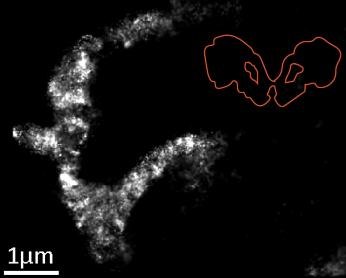Bioenergetics and Metabolism

This focus area studies the energy conversion and metabolism of the cell and of organisms as the basis of all life functions. It focuses on the biophysical, biochemical, physiological and cell biological processes that guarantee the energy security of the cell and the construction of its components under a wide range of requirements. It includes studies on the function, structure and regulation of the reaction chains involved in microorganisms as well as in plant and animals from organism down to cells and organelles. We aim to provide mechanistic insight into fundamental bioenergetic and metabolic processes at a molecular level. Our goal is to reveal and comprehend the significance of bioenergetic and metabolic processes for cell development, differentiation, acclimation, adaptation and stress resistance. Modern analytical methods such as non-invasive live cell fluorescence microscopy, mass spectrometry and diverse omics techniques in combination with biochemical and bioengineering techniques enable us to analyze the significance of the metabolism, in particular bioenergetics, in a temporal and spatial resolution as never reached before. In the focus area a wide range of questions will be addressed, from the significance of the dynamic formation of (bioenergetic) supercomplexes, post-translational protein modifications, the role of secondary metabolites in communication and regulation as well as switches between different metabolic pathways for the adaptation and regulation during stress exposure, differentiation and development as well as the cause and progress of diseases and the process of senescence.
Speaker: Prof. Dr. Karin Busch
Deputy Speaker: Prof. Dr. Ivan Berg
Institute of Biochemistry: AG Kümmel
Institute for Evolution and Biodiversity: AG Bornberg-Bauer
Institute of Molecular Microbiology and Biotechnology: AG Berg, AG Fetzner, AG Philipp
Institute of Molecular Cell Biology: AG Busch
Institute for Neuro- and Behavioural Biology: AG Klämbt, AG Luschnig
Institute of Plant Biology and Biotechnology: AG Finkemeier, AG Hippler, AG Schwarzländer, AG von Schaewen
Institute of Zoophysiology: AG Liebau, AG Zeis
IME Fraunhofer: Prof. Dr. Christoph Schäfers

